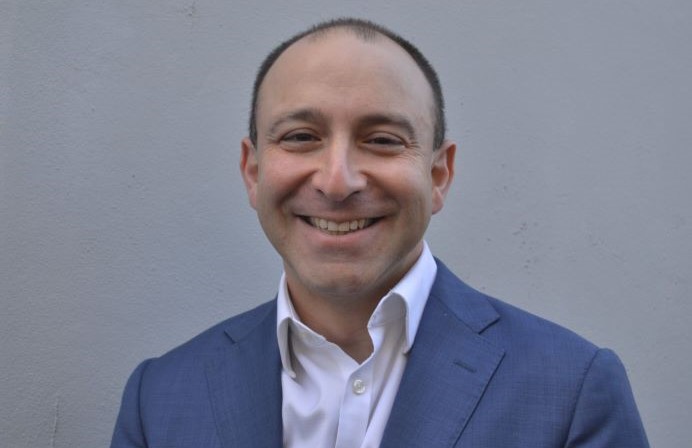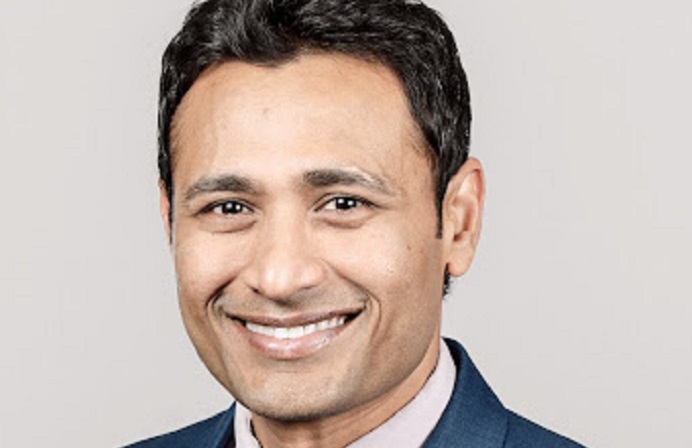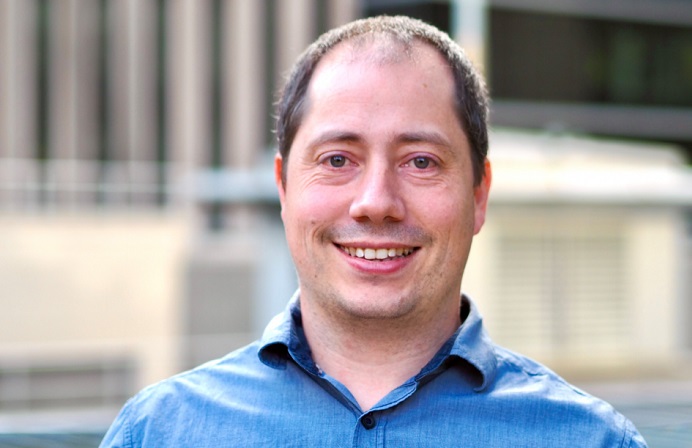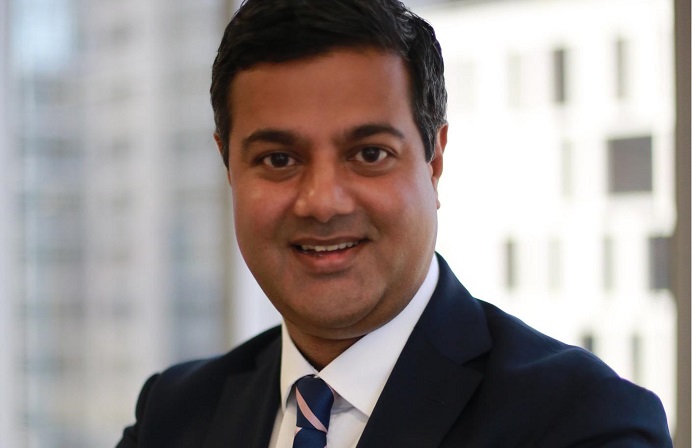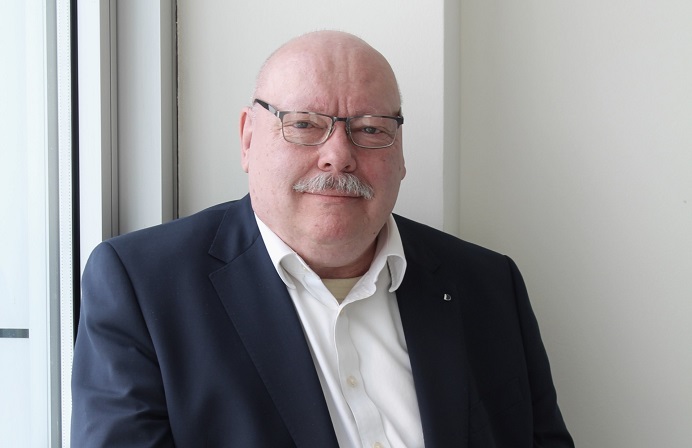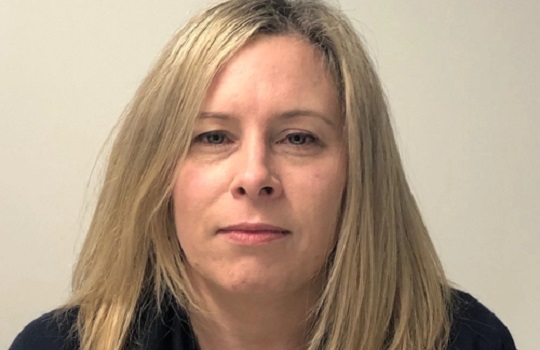
We can build the best algorithm in the world, but if the clinicians don’t trust it, believe it or see the benefit, then it’s a waste of time.
We speak with Tina Hardin, Executive Director of Clinical Informatics at the CEIH and keynote speaker at the 2021 FST Government South Australia conference, to explore some of key priorities for the Commission, from eliminating the health sector’s tech debt to delivery of its Data and Analytics Plan. We also look at the limitless potential (and potential pitfalls) of artificial intelligence in healthcare, and why Hardin is among the keenest advocates for a dedicated Chief Data Officer for SA Health.
FST Government: Could you give us some insight into your unique role as head of Clinical Informatics at the CEIH?
In an era of relentless digital transformation, how has the Commission facilitated – and sought to relay the benefits of – digitalisation across SA’s healthcare network?
Hardin: Firstly, I believe much of the innovation in healthcare over the next 10 years will be data-driven, but also pushed by consumer expectations to deliver healthcare on-demand straight into our hands and homes, if that’s what we want. Digital transformation is therefore essential to enable the rich information we gather every day to be harnessed in the safest and most effective means to support that care delivery and communication.
We are shifting to a world where digitisation and data-driven innovation, such as augmented intelligence and machine learning, enable humans to do what we do best (caring, compassion, empathy, creativity, critical thinking), and computers to do what they do best.
The vision of the Commission on Excellence and Innovation in Health (CEIH) is ‘Together, let’s create better health care for South Australians’. We put humans at the centre of everything we do. Specifically, the goal of the Informatics team is to drive and help us, health consumers, and the health system define and measure ‘better health care’. We build, enable, facilitate, connect and advise, with the goal of achieving actionable insights at the point of care for clinicians. We get to see change in action. We engage from the ground up and inside out across the health sector. It doesn’t get better than that!
FST Government: How well do you feel SA’s public healthcare sector has progressed with driving forward digitalisation and eliminating legacy? Where do you feel SA Health is facing the most challenges in this digitalisation drive?
Hardin: There has been significant progress over the last few years, there is no doubt. We need to acknowledge the great work by Digital Health SA that has been happening to agilely respond through Covid, but also even before Covid. They have worked very hard to implement Sunrise and other solutions, such as secure messaging and major systems that link in. We should also note video/telehealth, which has been around in some settings for a long time, and virtual health care are really beginning to come up with exciting alternate care delivery models enabled by technology.
The next challenge – and this is not easy because there is a perceived natural tension – is to maintain agility and autonomy whilst ensuring interoperability and building a fantastic user experience, for both clinician and consumer.
In putting humans at the centre, we need to recognise that what may be great for an organisation is not necessarily great for clinicians (who often work across more than one) or consumers (who receive services from multiple providers). A great user experience leads to adoption, reduced clinical risk, reduced stress and, of course I have to say, better data quality.
FST Government: Take us through some of the key priorities of the Commission’s Data and Analytics Plan.
What do you hope will be realised on the front-line from the successful execution of the Data Plan?
Hardin: It is important to note that while the CEIH played a key role in delivering the Plan, the implementation is being led through the Digital Health SA’s Office of the Chief Medical Information Officer (OCMIO).
The CEIH continues to be engaged and support the delivery of the Plan. What I can say is that whilst, in many respects, South Australia has data assets and technology the envy of other jurisdictions, in order to truly ‘democratise data’ there was a need for investment to ensure that rich data assets held by SA Health could be fully utilised towards better healthcare and in the interests of South Australians.
One of the key things I’ve advocated for, and continue to advocate for, is a Chief Data Officer for SA Health.
There are lots of knowledgeable and highly skilled people, but a Chief Data Officer function creates a focal point for standards, policy and governance. I understand there is an intention to build this role and function, which is great.
FST Government: The healthcare sector, dealing with particularly sensitive datasets, must be uniquely attuned to the privacy concerns of citizens.
What is the Commission doing to ensure secure and ethical use and sharing of data across SA’s healthcare sector (and perhaps the wider Australian health sector)?
Hardin: Great question! There are technological solutions in train that can really improve how data are accessed and shared. This includes the use of synthesised data, as well as sound governance principles that are being investigated and implemented through the work of the Data and Analytics Plan.
Another program of work we have been leading, which also supports the Data and Analytics Plan, is to address this exact issue. We have looked at common use cases, what were the challenges and what opportunities there might be to overcome them. We’ve been working with a small group, including clinicians, government staff (outside SA Health, too). and researchers.
Using data to save lives, improve how and where we invest, change how care is delivered, and improve the human is just good business/government practice. We are looking more widely than South Australia, because it is recognised that in order to solve some health problems, the data we have sometimes just isn’t enough – for example, in the case of rare diseases. But also considering other examples – that, for instance, a Victorian today may be a South Australian tomorrow and vice versa.
FST Government: The CEIH is actively exploring the implementation of Artificial Intelligence in SA’s health system. What are the most promising use cases for AI in health you’ve identified so far?
Hardin: There are huge opportunities and South Australia is very fortunate to have AIML and the Digital CRC at Lot Fourteen. I do not pretend to be an AI expert at all, but what I do want is to help those with amazing ideas bring them to fruition in a safe, sustainable, and scalable way. We want to create the ecosystem for experts to deliver AI (I prefer Augmented Intelligence) rapidly, robustly, and scalably.
In the CEIH, we have been focusing on working with different clinical and patient groups for decision support at the point of care. Asking questions such as: What is the most likely diagnosis of this patient? Which patient(s) is/are likely to be admitted? Is it likely that this patient’s outcome will be better if they receive care pathway A or B?
FST Government: Concerns remain, particularly in the healthcare space, around the potential risks of algorithmic bias and the unchecked use of AI.
How can SA ensure the advancement of these innovations in healthcare while avoiding potential pitfalls of such systems (for instance, algorithmic biases, data misuse, privacy breaches, misdiagnoses, etc)?
Hardin: We have been thinking about this a lot, as I know, many others have too, and this is part of what my talk is aiming to highlight. We need to think beyond the “data science – AI” exciting part and consider the governance and assurance processes that will be needed to wrap around the ideation, prototyping, deployment, and then ongoing monitoring of algorithms.
My talk probably leans more towards the DevOps/MLOps side. However, certainly having appropriate governance and assurance processes, particularly in health, are critical to the success of AI at scale. One of these is engaging with clinicians early, validating results to see if it resonates, and using adjudication processes to test the algorithm against existing results, if possible. Clinicians make decisions every day based on years of research and evidence and understanding all the contributing factors. Handing them a black box solution will not work, certainly not at this point.
We can build the best algorithm in the world, but if the clinicians don’t trust it, believe it or see the benefit, then it’s a waste of time.
Therefore, I am talking about the need to look at establishing governance and assurance frameworks and robust DevOps/MLOps processes. We are certainly exploring this.
FST Government: Who are some digital innovation pioneers in the healthcare space (whether here or overseas) you look to for inspiration? Which ‘outside’ digital innovation would you most like to see embraced in SA?
Hardin: There are many inspirational and fantastic leaders in digital innovation in healthcare, but I don’t know anyone that has cracked ‘it’. By ‘it’ I mean fully integrated and interoperable platforms that enable seamless connected care across sectors, fit for many purposes (e.g. patient, clinical care, planning, policy, operational etc).
For inspiration, I think healthcare can learn a lot from other industries. The industry I often take inspiration from is Formula One. Formula One teams are goal-focused, high performing teams that use data to drive their season and race strategy, to simulate and test new technology, design and refine racing lines, and optimise their teamwork (such as changing tyres). They utilise data from hundreds of sensors on the car, the driver, the track conditions and the environment, all with one primary goal – to win.
Imagine a ‘Formula One health service’ where their primary goal was you having your best quality life, where they used data about you and your environment to plan what health services you would need today, tomorrow, in the next 10 years.
Imagine where – unless, of course, life-saving treatment is required – they tested the care on a digital simulation of yourself before providing it directly to you in a place and time of your choosing? ◼
Tina Hardin is a featured keynote speaker at the FST Government South Australia conference.

